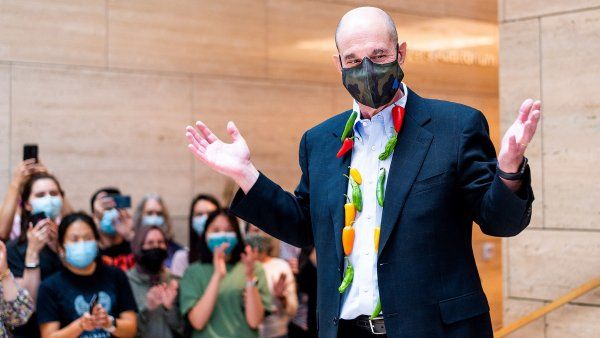University of California San Francisco
Give to UCSF-
-
Adolescents’ Recreational Screen Time Doubled During Pandemic, Affecting Mental Health
A new study by UCSF researchers finds that more screen time was linked to poorer mental health and greater stress for U.S. teenagers; kids of color and with lower income logged more hours than white, wealthier peers.
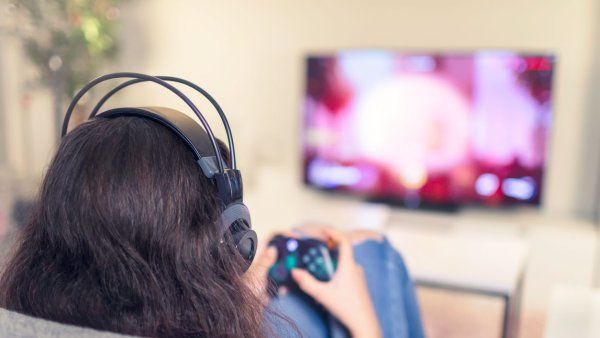
-
Newly Discovered Skin Cell May Underlie Inflammatory Skin Disease
UCSF researchers have discovered a new type of cell that may be responsible for the exaggerated immune response behind inflammatory disease.
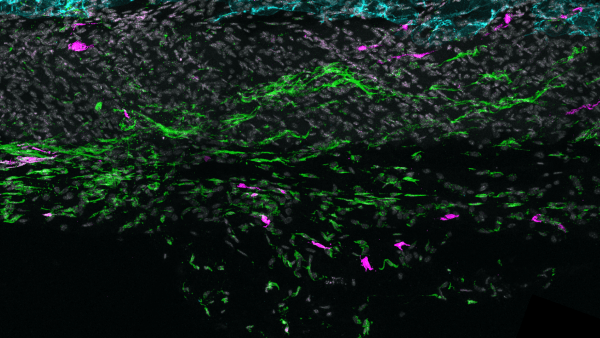
-
UCSF Weill Neurosciences Building Heralds New Era for Patients
The new Weill Neurosciences Building, designed to foster connections among scientists and clinicians in neurology, neurosurgery and psychiatry, will serve as a global destination for researchers to develop innovative treatments for intractable brain diseases.
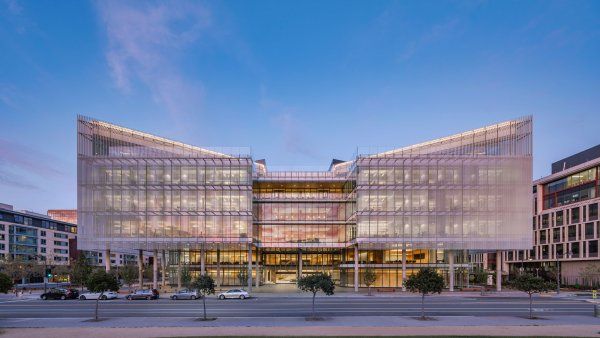
-
UCSF Rises in US News Global Universities Rankings for 2022
UCSF’s research has been ranked among the top in the world, according to the latest U.S. News & World Report’s Best Global Universities 2022 rankings.
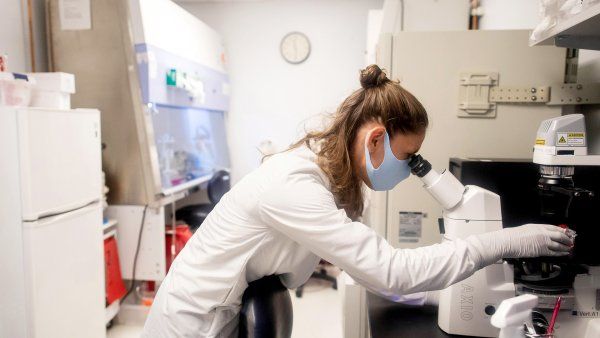
-
Gig Workers’ Health Studied by New California Labor Laboratory
The California Labor Laboratory, a new initiative from UCSF, UC Berkeley, and the California Department of Public Health, will address the health of California workers in both traditional jobs and other employment arrangements, including gig workers.

-
COVID: Should I Choose Moderna, Pfizer or J&J for My Vaccine Booster?
-
3 Teens with COVID-19 Developed Sudden Severe Psychiatric Symptoms. Why?
Three adolescents who had mild or asymptomatic COVID-19 developed sudden severe psychiatric symptoms. A recent study into their immune responses identifies a potential mechanism by which these symptoms emerge.
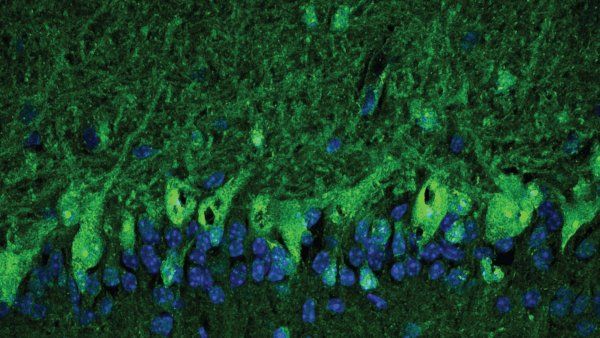
-
Chancellor Salutes UCSF’s Unflagging Mission in 2021 State of the University Address
In his eighth annual State of the University address, titled “Catalyst,” Chancellor Sam Hawgood highlighted the UCSF community’s many accomplishments despite the ongoing challenges of the past year.
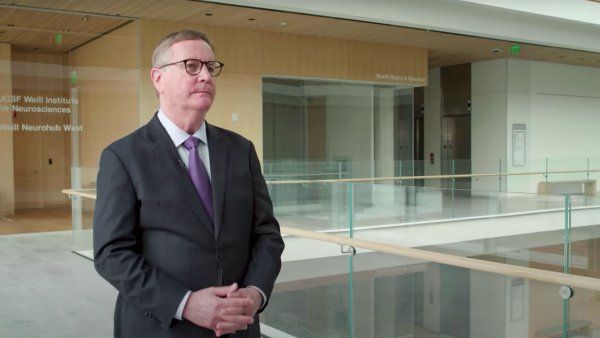
-
Doctors Encourage Mammograms After Drop in Screenings
-
4 UCSF Faculty Elected to the National Academy of Medicine for 2021
Four UCSF faculty members wer elected this year to the National Academy of Medicine (NAM), one of the highest honors in the fields of health and medicine.
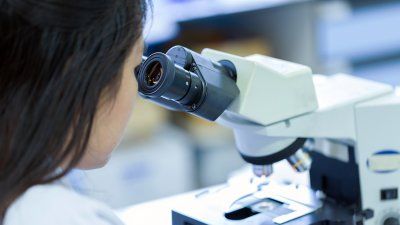
-
Hani Goodarzi Awarded Vilcek Prize for Creative Promise in the Biomedical Sciences
Last month, Hani Goodarzi received a $50,000 award for his work in the early detection of cancer and identification of therapeutic targets in cancer metastasis.
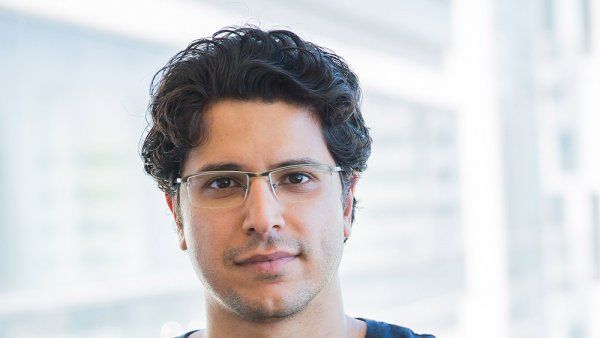
-
What Scientists Are Learning About Estrogen and Exercise
-
Innovative Joint Program in Computational Precision Health Aims to Improve Quality, Equity of Health Care
The University of California, Berkeley and the UCSF have jointly launched a new, one-of-a-kind program in computational precision health, a significant step toward advancing this new field and, ultimately, improving the quality and equity of health care.
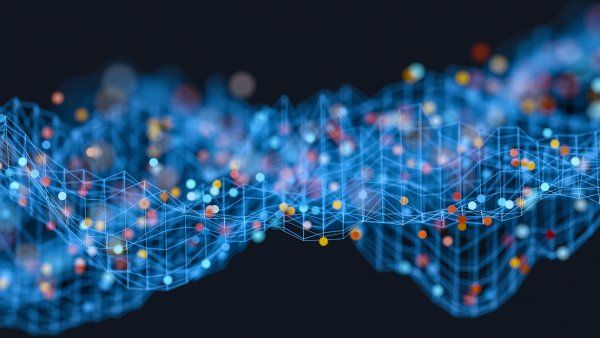
-
75-Year-Old Bay Area Nurse Runs 35th Boston Marathon With Longest Active Streak Among Women in the Race
-
UCSF Mount Zion Re-Envisions Its Future as a Surgical Center for Bay Area
UCSF Medical Center at Mount Zion has been renovated and reopened as the new hub of UCSF’s adult orthopedic surgery services, offering patients expanded access to orthopedic specialty care.
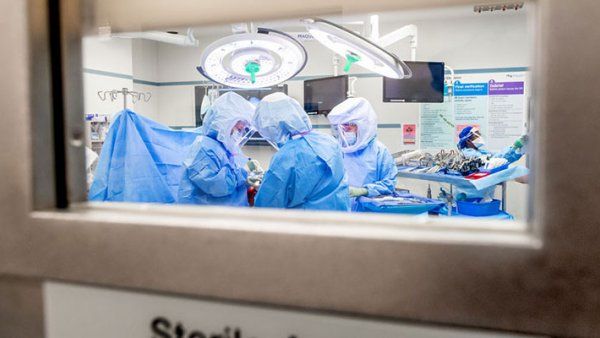
-
How Cells Multitask: The Magic of Molecular Switches
Researchers at UCSF’s Quantitative Biosciences Institute (QBI) have observed how molecular switches regulate many different biological processes simultaneously. Their findings may shed light on how disease mutations operate, offering new ways to target malfunctioning switches and prevent illness.
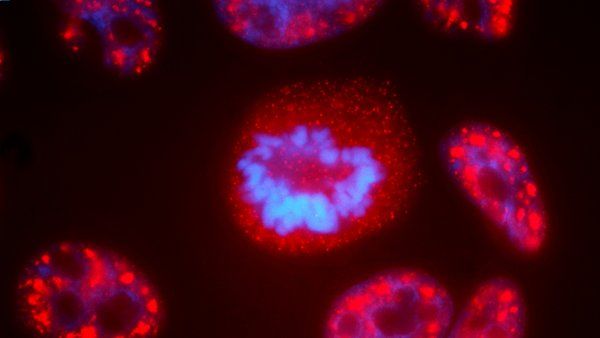
-
UCSF to Coordinate Health Disparities Research in Multiple Chronic Diseases with $22.5M Grant
UCSF faculty will soon co-direct a new center to coordinate research from 11 newly funded centers across the U.S. on the root causes of, and ways to eliminate, disparities in multiple chronic diseases.

-
Double Win: UCSF Alum Ardem Patapoutian Shares Nobel with UCSF Professor David Julius
This year's Nobel in Physiology or Medicine was a double win for UCSF, split between Prof. David Julius and a memorable alum, Ardem Patapoutian, a postdoc in the lab of Louis Reichardt from 1996-2000.
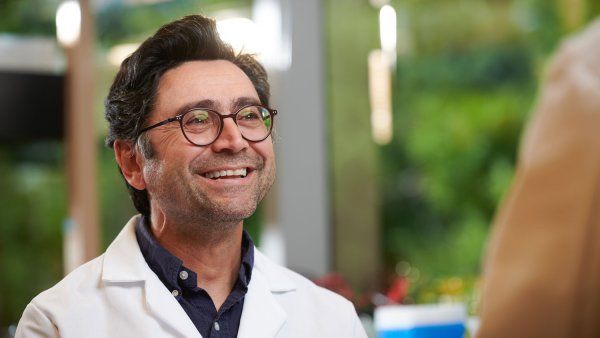
-
Scientists Map Brain Circuit that Drives Activity in Fertile Females
A team of UCSF scientists have identified the specific neurons and signaling pathway that make sexually receptive females of many species more active at the time of ovulation.

-
Why a One-Size-Fits-All Approach to Breast Cancer Prevention Can Leave Women Vulnerable
-
What’s The Risk Of Dropping Your Mask Now That SF And Marin Are Loosening Mandates?
-
UCSF Chancellor Hawgood Welcomes US Senator Alex Padilla for Virtual Town Hall
UCSF Chancellor Sam Hawgood hosted Sen. Alex Padilla for a virtual conversation that touched on numerous health care subjects.
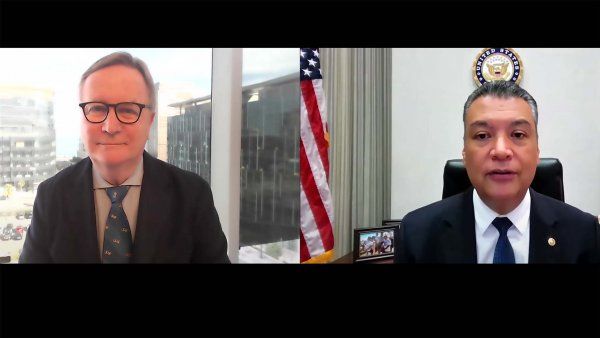
-
UCSF Names Nicquet Blake as Vice Provost of Student Academic Affairs
Nicquet Blake, PhD, one of the nation’s leading academic voices on issues of equity and diversity, is joining UCSF as vice provost of Student Academic Affairs and dean of the Graduate Division.
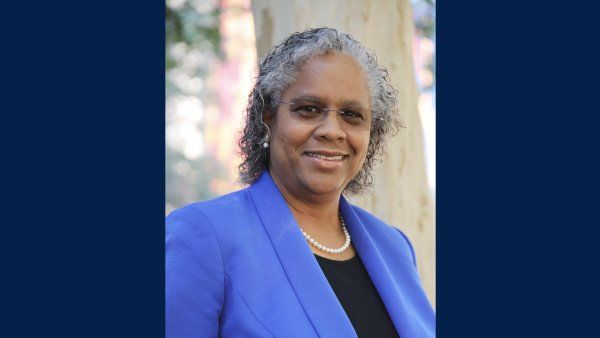
-
Here’s What Bay Area Doctors Say About How COVID Affects the Brain
-
Treating Anal Cancer Precursor Lesions Reduces Cancer Risk for People With HIV
A groundbreaking national study led by UCSF finds that treating anal cancer precursor lesions reduces cancer risk for people with HIV.
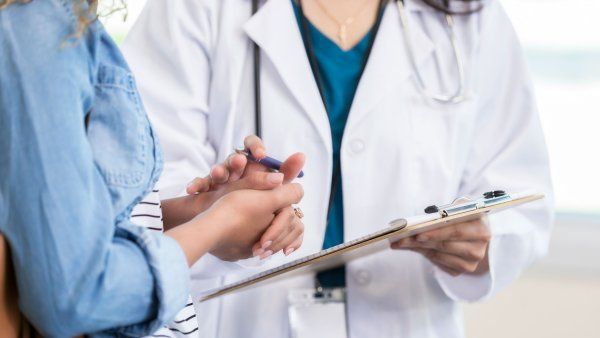
-
Steps in the Development of the Brain’s Cellular Geography Revealed by New Studies
Two new studies of the developing human brain are helping researchers reconcile a long-held debate over how the brain forms.
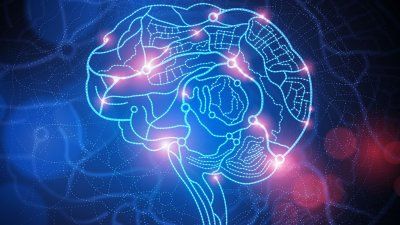
-
UCSF Leads National Effort to Improve Racial Equity in Kidney Medicine
UCSF leads national efforts to develop new ways of calculating kidney function that leave race out of the equation.
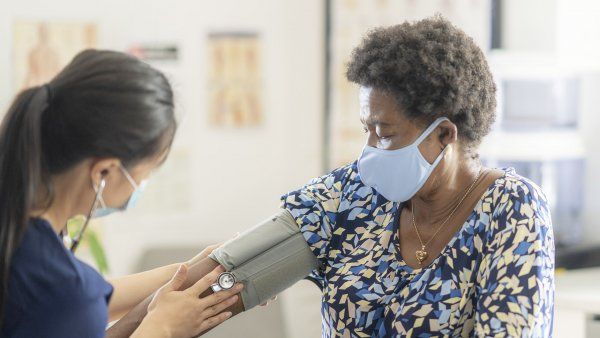
-
Flu Shots and COVID: Do You Need to Worry About Vaccine Timing? What About a ‘Twindemic’?
-
UCSF Celebrates Its Newest Nobel Laureate David Julius
At 2 a.m., a text came that David Julius thought might be a prank. But it was a relative contacting him to say that the Nobel committee in Stockholm was trying to reach him.
